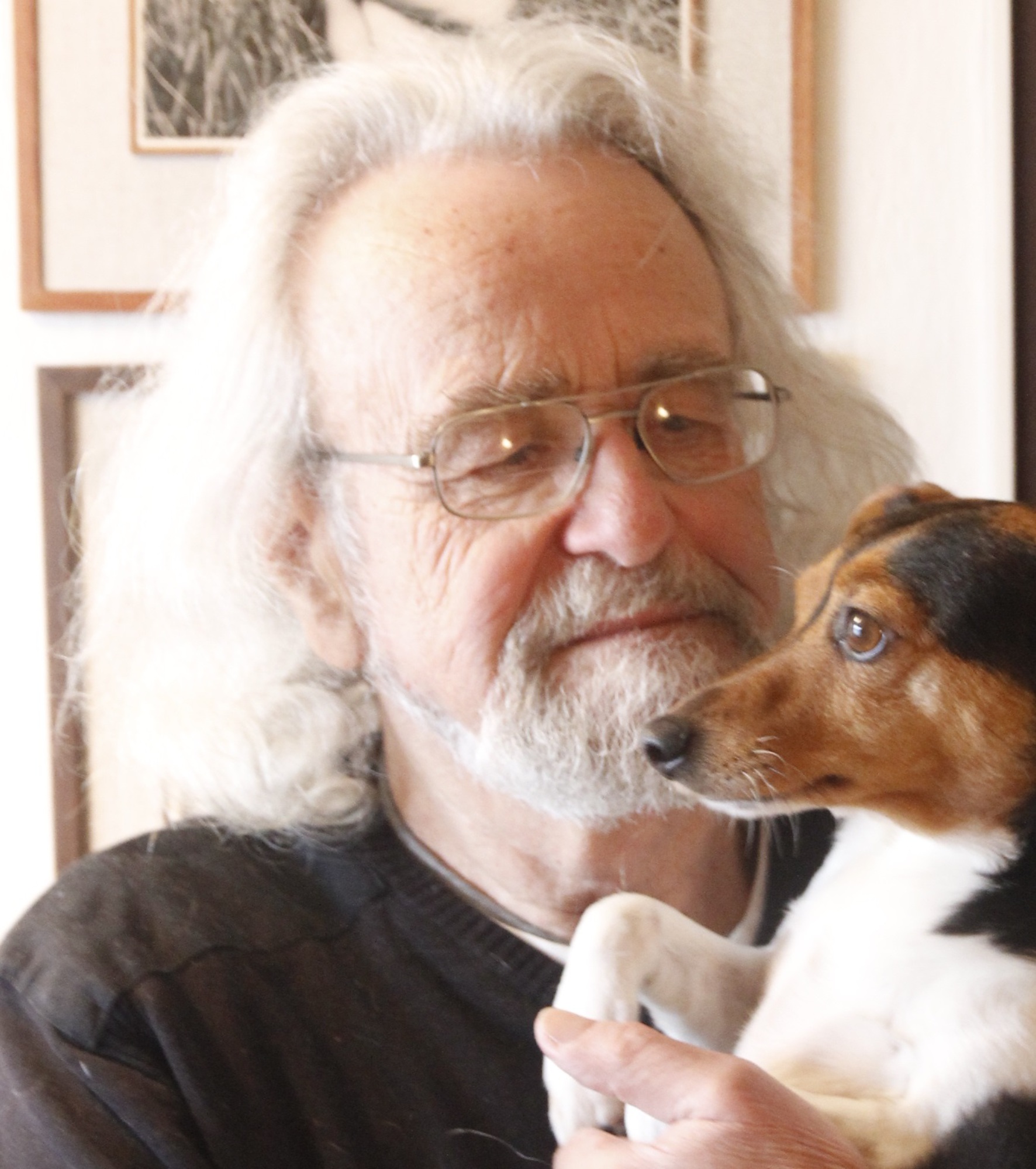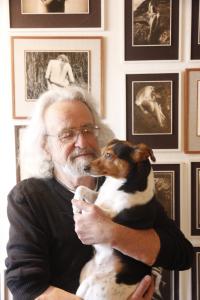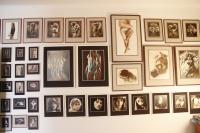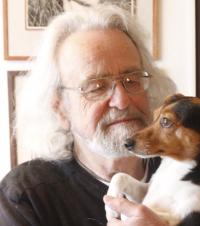Thanks to my work I felt that I was alive

Download image
Jaroslav Novotný was born on March 26, 1939 in the village Myslkovice near Tábor. His father died of a serious illness when Jaroslav was a young boy and he was thus raised only by his mother. Jaroslav spent his childhood in Myslkovice and he was largely of an introvert nature. The political regime assigned him to do his vocational training as a mechanical engineer, but he did not enjoy the profession and he did the job only to earn his living. He wanted to pursue theater and photography and he established his own theatre for which he wrote plays. He staged three premieres of plays, however, the authorities did not allow him to stage the fourth one. Later he began writing to newspapers, including his opinions in the articles and adding his own photographs to them - the StB persecuted him for his views, and Jaroslav eventually ended in prison. After a short time he was sent to detention prison in České Budějovice. When he was put on trial, he wanted to defend himself personally. The defence counsel told him: ‘You are no John Huss to get yourself crucified...!’ Jaroslav thus denied all charges as he had been advised to do and he was acquitted. He enjoyed photography and his works were exhibited in photo salons all over the world, but he was not allowed to travel to any of the exhibitions abroad and the organizers were thus sending all the awards to him by post. Jaroslav also wrote nine books, out of which three were published, and apart from writing books and photography he also traveled with a circus for seven years.


